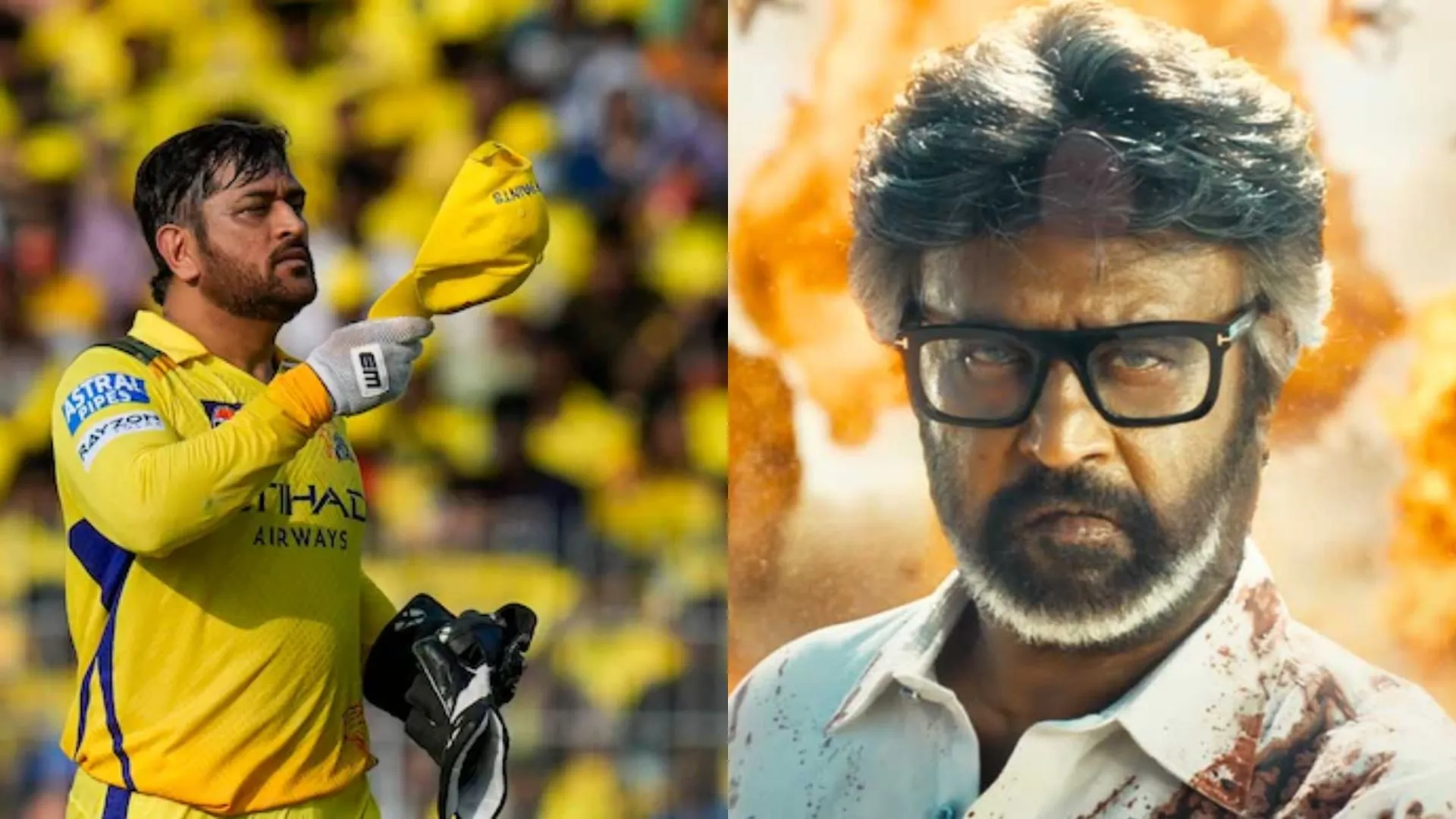South Korea experienced a dramatic political event on Tuesday night when President Yoon Suk-yeol unexpectedly declared martial law.
This marked the first such declaration in nearly five decades and stunned the nation, which has long embraced its democratic principles. The announcement, delivered in a late-night broadcast, cited threats from “anti-state forces” and North Korea. However, the move appeared to be less about external dangers and more about Yoon’s internal political struggles.
South Korean President Yoon Suk-yeol unexpectedly declared martial law during a late-night TV broadcast, citing threats from “anti-state forces” and North Korea. However, it soon became evident that the decision was driven by his political challenges rather than external threats. The announcement sparked massive protests outside parliament, where opposition lawmakers quickly convened to overturn the declaration. After parliament voted against the martial law, Yoon conceded and lifted the order a few hours later.
The martial law declaration granted temporary control to the military, with soldiers and police surrounding the National Assembly. Helicopters landed on the building’s roof, and media outlets showed armed troops attempting to gain entry. The decree also banned protests, political activity, and imposed government control over the press. This sudden and extreme action led to widespread outrage, with opposition lawmakers and citizens mobilizing rapidly.
Peaceful Demonstration Of Martial Law
The Democratic Party, led by Lee Jae-myung, called for an emergency session to overturn the declaration. Thousands of South Koreans heeded the call to protest outside the National Assembly, chanting against martial law and dictatorship. Despite heightened tensions, the demonstrations remained largely peaceful. Lawmakers navigated the barricades, some climbing fences, to gather for a vote. By early Wednesday morning, the National Assembly invalidated the martial law declaration with a decisive vote.
President Yoon’s decision came amidst a turbulent presidency. Elected in 2022, his approval ratings have plummeted to around 17% amid allegations of corruption, including scandals involving the First Lady and accusations of stock manipulation. His administration has faced increasing pressure from a liberal opposition, which gained significant parliamentary power in recent elections. With Yoon unable to pass key legislation and facing calls for investigations and impeachments of his cabinet members, tensions reached a boiling point.
Observers have described Yoon’s move as a desperate and risky gamble to consolidate power. While South Korean law requires martial law to be lifted if rejected by parliament, Yoon’s declaration has left many questioning the future of his presidency. The event has sparked comparisons to South Korea’s past dictatorship era, raising concerns about the country’s democratic stability.
Although martial law was quickly overturned, its announcement has shaken South Korea’s political landscape. Critics argue that the move was a significant misstep, damaging the nation’s democratic reputation and further isolating the president. The full repercussions of this unprecedented episode remain uncertain, but it has undoubtedly left an indelible mark on the nation’s political history.
Also Read: South Korea Declares ‘Emergency Martial Laws’, What Does This Mean To The Citizens?






















